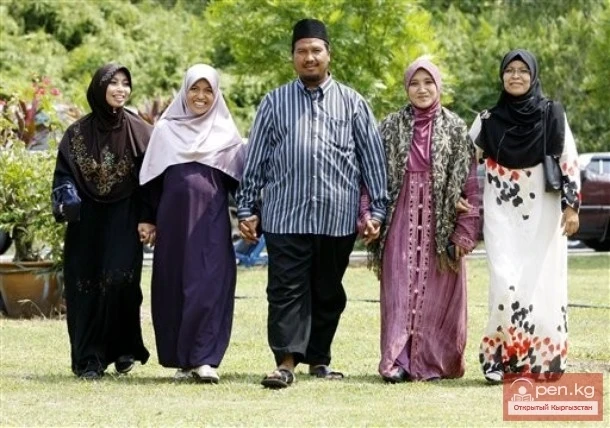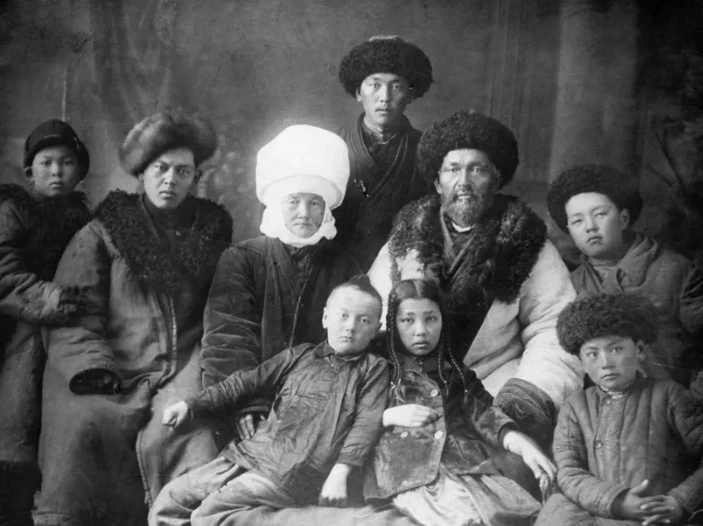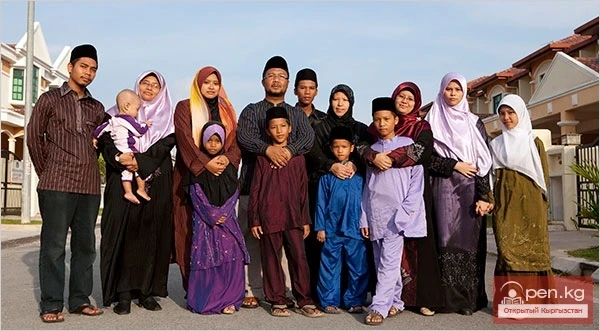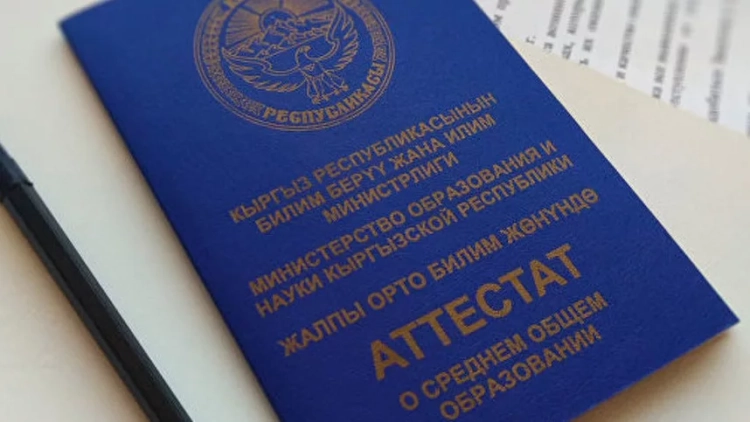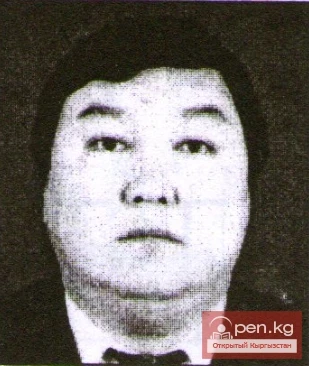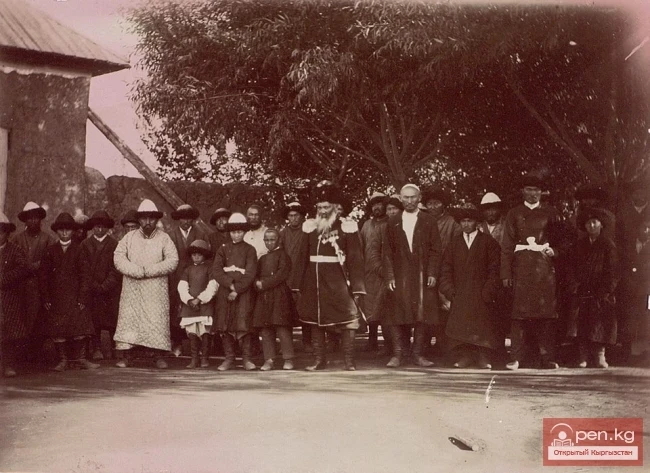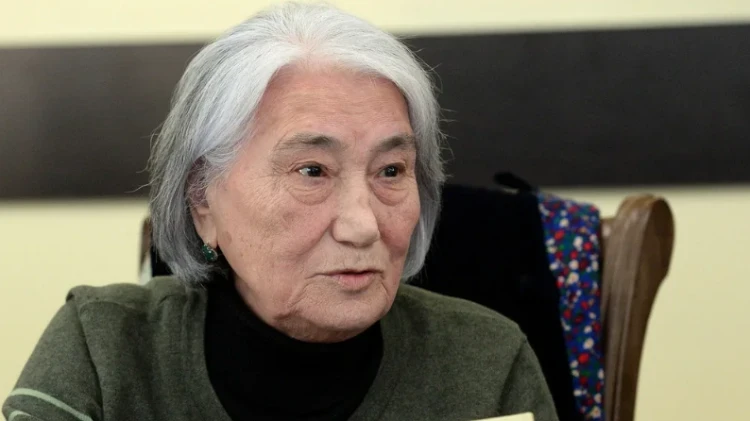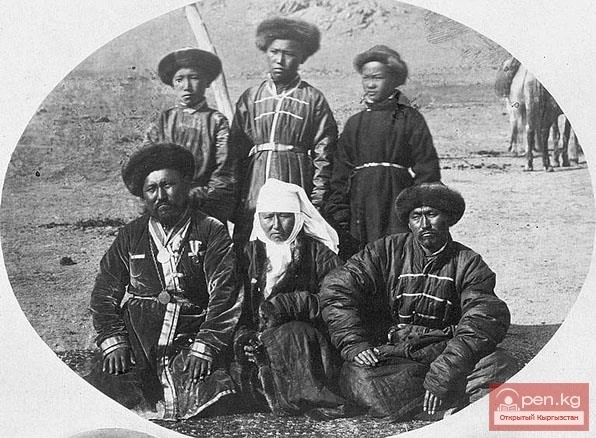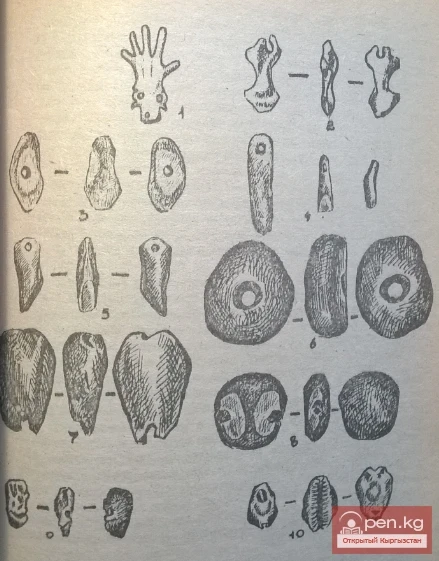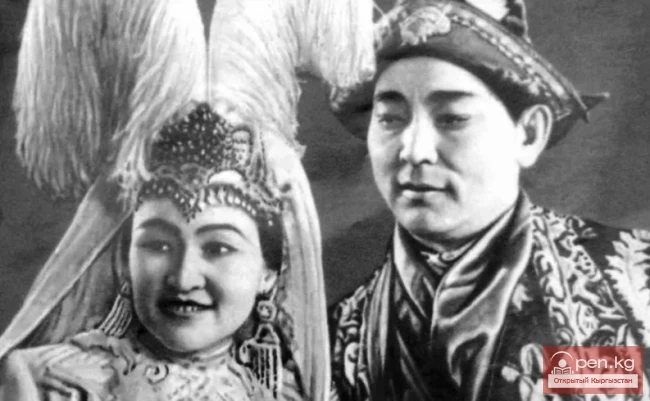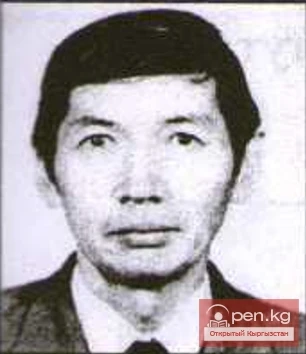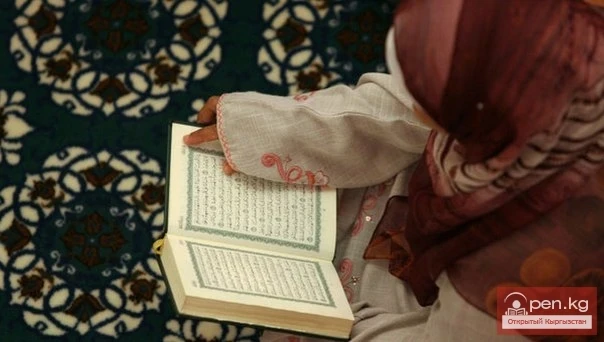
Let us consider women's rights in the area of inheritance, where Islam clearly establishes inequality between women and men. Under Sharia, the right of inheritance is closely linked to marital and family legal norms. It is complicated by polygamy, temporary divorce, purifying marriage, and marrying a widow. The foundations of inheritance law date back to the pre-Islamic period, from which Muhammad, in particular, preserved the provisions of inheritance rights for males and through the male line, as well as some cases of inheritance by women and relatives through the female line. The foundations of Muslim inheritance law derive from the Quran.
Islamic inheritance law is very complex and casuistic. There are two major groups of heirs: asab - males and relatives through the male line; farz - females or relatives through the female line. The scholar Ibn Arfaw includes male relatives whose ties with the deceased are not interrupted by any female generation in the asab group. Subsequently, "asab with others" and "asab through others" were equated with this, which is close to the concept of agnate in Ancient Rome. According to the Quran, there are two types of inheritance: by law and by will (the latter being secondary). All lawful interpretations establish the absolutely precise execution of inheritance rules.
Let us focus on inheritance by law for the farz group. This group includes individuals who have the right to a legal share of the inheritance, regardless of the number of other heirs. They are divided into two categories. The first category with a mandatory share includes the father and mother of the deceased, and the surviving spouse. They receive one-sixth of the entire estate if the deceased left a child; if there are no children, the mother receives one-third of the inheritance, and if there are brothers, the mother receives one-sixth of the inheritance. Half of the property of a wife who left no offspring belongs to her widowed husband, and if she left offspring, the husband receives one-fourth of the inheritance.
Wives have the right to receive one-fourth of the deceased's inheritance if there are no children from the husband, but if there are children, the wives receive only one-eighth of the inheritance. If the deceased has no children, ascending relatives inherit, and the mother receives one-sixth of the inheritance. As can be seen, the mother's share is half that of the father's.
The second category of farz heirs (with the right to a necessary share) includes: grandparents; daughters and granddaughters, full-blooded brothers and sisters, and half-blooded sisters. Grandparents, in the presence of other heirs, have the right together to one-sixth of the inheritance. Daughters and granddaughters through the paternal line become heirs in the absence of male offspring. The only daughter receives half of the inheritance, and if there are daughters, they receive two-thirds of the inheritance in equal shares.
In the absence of sons and daughters, the only granddaughter receives half of the inheritance, and if the granddaughter is called to inherit along with her sisters and cousins, she receives two-thirds of the inheritance. If the granddaughter is called to inherit along with the daughter of the decedent, her share is divided equally among the granddaughters if there are several. If there are several daughters of the decedent among the heirs, the granddaughter is excluded from inheritance.
In the absence of a full-blooded brother, a full-blooded sister is an heir of farz. If she is the only one, she receives half of the inheritance, and if there are several sisters, they all together receive two-thirds of the inheritance. In the absence of a full-blooded sister, the right of farz passes to the half-blooded sister under the same conditions as a full-blooded sister.
To be called to inheritance, it is necessary for the heir to be alive or conceived (a child is considered alive if "half of its body has emerged from the womb of the mother"), to be related by blood, marriage, guardianship, or treasury (bait-al-mal, representing the Muslim community), and not to have lost the right to inheritance. If, with a large number of heirs of farz, the total number of shares due to all these heirs exceeds the size of the inheritance, the principle of aul applies - proportional reduction of the size of the inherited property, and the denominator of the shares increases by the sum of all numerators, remaining unchanged. If there is still a share in the property remaining after deducting all the shares of the heirs of farz in the absence of heirs of asab, it is transferred to bait-al-mal (the treasury).
It is worth noting the following negative aspects of inheritance by law, especially regarding farz: inheritance almost never passes to maternal relatives; women receive half the share of men's property; there is no right of representation; ascending heirs are not completely excluded from inheritance in favor of descending heirs; brothers and grandsons have more inheritance rights than sisters and granddaughters; the provision of mahr (wife's property) leads to inequality in the shares of husband and wife (although mahr should be considered an asset of Islam).
Inheritance of asab is even more complex. There are three categories: asab connected to the decedent by blood ties; asab connected to the deceased by guardianship ties; and the treasury (bait-al-mal). The first category includes all male relatives through the male line without limitation of degrees of kinship, as well as asab through another person (female relatives, daughter, granddaughter; full-blooded and half-blooded sister), if they have no brother. If they have a brother, they lose their share of inheritance under the farz category and move to the category of asab heirs. It is important to note that the heirs of asab are those whose share in the inheritance is reduced to the remainder of the inheritance after the shares of farz have been allocated. In the absence of farz heirs, asab heirs are called to inherit the entire property of the decedent as his male line relatives.
The transition of inheritance to asab heirs is subject to various rules depending on the religious-legal interpretation. Each category of relatives of closer kinship excludes more distant asab. Among asab relatives of the same category and degree of kinship, the inheritance is divided equally, but the share of the male is twice that of the female (Quran, Surah IV, Ayat 12).
Wills under Sharia are regarded as a unilateral gratuitous transaction regarding the disposition of property by the testator within one-third of the property remaining after the death of the decedent, which is related to covering the expenses of legal heirs for the burial of the deceased decedent, charitable donations, etc. Sharia prohibits bequeathing any property of the deceased to legal heirs. Wills can also be made to women. A will can be oral or written, with oral wills requiring two witnesses (not applied by Hanafis and Hanbalis). It could be written personally by the testator, dictated by the qadi or his aduls (secretaries-witnesses), and could be revoked.
A testator cannot be an insolvent debtor, a murderer of the deceased, and legal heirs cannot be heirs by will. Property could be bequeathed to a non-believer, even residing in the territory of dar al-harb (inhabited by non-Muslims), to unborn children as full ownership or usufruct (the most complete servitude), as well as to a deceased person, in favor of an animal or even an inanimate object (practically in favor of their owner, holder, mosque, madrasa). It could be made with revocable and suspensive conditions, and could be encumbered with a legacy (testamentary bequest). If the legatee refuses to accept the legacy, the corresponding property passes to the heir of the one who refused. In the case of a will in favor of the deceased or an animal, the property enters the inheritance mass and is inherited in equal shares by the heirs under the will.
The testator could appoint an executor (executors) of the will (wasi), who may also be endowed with the powers of a guardian under the will. The executor of the will, who has taken on this duty during the lifetime of the decedent, cannot later refuse from the wasi. The will could be declared invalid due to apostasy, destruction of property, or the death of the heir occurring before the death of the decedent.
Although inheritance law was characterized by stability, it could not remain unchanged, being strongly influenced by the customary law of conquered peoples, particularly in Central Asia. In Iran, the right of asab heirs has been abolished, and representation on behalf of heirs is allowed in inheritance. In India, the rules of inheritance based on caste affiliation have been abolished. In many countries, there is a trend towards a return to pure Sharia in inheritance (Egypt, Saudi Arabia, Indonesia, etc.) based on the Quran, Sunnah, and Ijma. The positions of Sharia on inheritance issues are strengthening even in the countries of the former Soviet Union. There are modernist and reformist movements aimed at improving the legal foundations of Islam, and in a number of countries, the direct application of Sharia is evident (Egypt, Libya).



